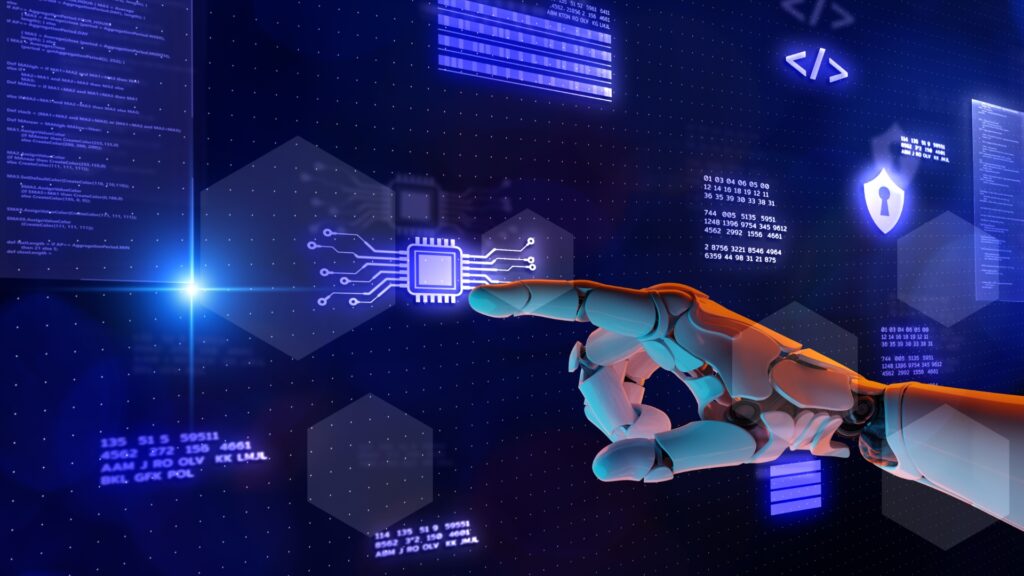
In recent years, the advancement of artificial intelligence (AI) has sparked both excitement and concern about its potential impact on the job market. While some fear that AI will lead to widespread job loss, the reality is far more nuanced. Rather than a hostile takeover, AI presents a transformative opportunity for the workforce—a revolution that will reshape industries and redefine the nature of work.
AI is already making significant strides in various sectors, from manufacturing and retail to healthcare and finance. Automation, powered by AI algorithms and robotics, has streamlined processes, increased efficiency, and improved productivity in many industries. However, this does not necessarily translate to mass unemployment. Instead, it often results in the reallocation of labor and the emergence of new job opportunities.
One of the key misconceptions about AI is that it will replace humans entirely. While it’s true that certain tasks and roles may become automated, AI is more likely to augment human capabilities rather than replace them outright. For example, in healthcare, AI can assist doctors in diagnosing diseases and developing treatment plans, but it cannot replicate the empathy and bedside manner that patients value in human caregivers.
Moreover, AI often creates new job roles that require unique human skills such as creativity, emotional intelligence, and critical thinking. As AI takes over repetitive and mundane tasks, humans are freed up to focus on higher-level responsibilities that require creativity and problem-solving abilities. This shift fosters a workforce that is more adaptable, innovative, and capable of tackling complex challenges.
Furthermore, the adoption of AI presents opportunities for upskilling and reskilling the workforce. As certain jobs become obsolete, individuals can acquire new skills and knowledge to transition into emerging fields. Education and training programs can be tailored to equip workers with the expertise needed to thrive in an AI-driven economy. Governments, businesses, and educational institutions must collaborate to ensure that workers are prepared for the jobs of the future.
However, it’s essential to address the potential negative consequences of AI adoption, such as job displacement and economic inequality. As AI technologies disrupt traditional industries, some workers may face unemployment or underemployment if they lack the necessary skills to adapt. Therefore, policymakers must implement measures to support displaced workers through job training programs, unemployment benefits, and social safety nets.
Additionally, ethical considerations surrounding AI must be carefully addressed to ensure that its deployment is fair, transparent, and accountable. Measures such as data privacy regulations, algorithmic transparency, and bias mitigation techniques are crucial for building trust in AI systems and preventing unintended consequences.
In conclusion, the rise of AI in the workforce represents a profound shift that will redefine the way we work. Rather than fearing job loss, we should embrace the opportunities that AI presents for innovation, efficiency, and human advancement. By investing in education, upskilling, and ethical AI development, we can navigate the challenges of the AI revolution and build a future where humans and machines work together harmoniously for the benefit of society.
Microtips Technology https://microtipsusa.com/ strives to be the pioneer in new LCD technology. We aim to evolve with the needs of our customers and to provide the best possible prices with the shortest production times.
Contact us today to see how we can make your next product more usable and better looking with a Microtips Technology https://microtipsusa.com/ Display!
Stay tuned to find about us.
Microtips Technology: Innovative Solutions. Your Vision. Our Goal.
